Garrett Moon of Todaymade is one of my favorite bloggers. I loved the tips he offered in this post and he agreed to let me republish it here.
Ahh.. the life of a small business owner. So peaceful, so serene, and so little stress. Am I right?
Of course not–your life is crazy! But you wouldn’t have it any other way, would you?
Being a small business owner has many benefits and many job titles. In the course of a single hour, you can easily jump from Chief Executive Officer to Chief Financial Officer, from Chief Operations Officer to Chief Marketing Officer. In small business, you are in control of your own destiny. You are also in control of your own content marketing.
Every day, I hear from small business owners like you asking about how they can get the most out of their content marketing. They simply want to promote their business to best of their ability, and who can blame them? For that reason, I decided to compile a list of my top twelve tips for content marketing for small businesses.
1) Listen To What Your Customers Ask You
Small business content marketers struggle with what they should be talking about online.
It is easy to get into sales pitch mode and push our products and service on our customers, but that isn’t what they want from us. They want the same thing that they want in the store – advice. One of the simplest tips for small businesses that are using content marketing is to simply answer the questions that your customers are asking.
Take a poll in your business and figure out the top ten questions that your customers ask most frequently. What do they want to know about? Make a plan to write a blog post (or several) answering each question one by one. Do this regularly, and you will soon build a library of practical content for your future customers.
2) Know That Google Search Is Local
In my example above, I mentioned the powerful force that Google search plays in content marketing. With each new blog post you write, you increase the chances that a potential customer will find you vicariously via search.
This is valuable, because Google search is local.
If you do a quick search for “gardening shops” there is good chance that Google will prioritize its results based on your current location. Google knows where you are, and it knows how to connect local content to your customers. This means that content marketing, with a focus on search, is a smart move of the savvy small business that wants to get found.
3) Use Email Because It Converts Better
Content marketing without email marketing isn’t content marketing at all.
Every business needs an email list to keep in touch with customers and promote its content. After all no one uses RSS anymore! By tying your blogging and content marketing into an email campaign, you maintain a relationship with those who join your list, and you stay at the front of their mind. They are also more likely to convert to a paying customer.
In Monetate’s Ecommerce Quarterly report, they show that email is almost five times more likely to convert to a paying customer than social media, or even search! The bottom line is that email marketing simply makes sense for everyone – especially the small business using content marketing.
4) People Convert Best
As a small business, you are an important part of your brand.
People connect to people, not logos. If you are really small, post things as yourself, or at least include a picture with each post like we do on this blog. You are a big part of your brand, and people will connect with you and build trust.
5) Don’t Copy The Big Guys
Big guys and big budgets do things that don’t work for small business, so don’t be tempted to copy their methods.
Some good examples of this are contests and giveaways. While these things may work well for a big-box retailer, they don’t translate well to a small business looking to connect with customers. You will waste a lot of time and energy on something that can’t return the value you need. Don’t use your content marketing to promote a contest; use it to promote your best customer advice.
6) Develop An Editorial Calendar
One of the hardest things about content marketing is sticking with the program.
Every day, I receive emails from bloggers and marketers telling me that blogging consistency is their biggest struggle. It can be hard to post every day–or even every week–so how do we stick with it? One way is to set up a series of reminders on a digital editorial calendar like CoSchedule :). This way, you will always know what to write next and never have to question yourself.
At CoSchedule, our users regularly report that they blog more consistently and get more traffic because they have an editorial calendar in place.
7) Google+ Matters To You
Most small business owners don’t use Google+, but they should.
I love to say that your friends aren’t on Google+, but search is. Since 2011, Google has been prioritizing results from Google+ in its search rankings. This becomes especially true if you are a local small business with a physical location.
Make sure that you have a Google+ page for your small business, and even more, make sure that you are sharing your content on that page each time a new post goes live.
8) Longer Content Is Good
People often ask me how long their blog posts should be. The correct answer is somewhere in-between “as long as you can possibly make them” and “as long as you need to say what you need to say.”
The reality is that Google rewards longer content, so you shouldn’t skimp out on your writing. Make sure that you cover every angle of a topic. I find that a good way to do this is make sure that I fully answer the what, who, how, when, and why of every post.
Many newbie bloggers like to keep their posts short and sweet. This is better than nothing, but a larger time investment will make a big difference in the long run.
9) Write Every Day
In some ways, content marketing is more of a change in mindset than anything else. We need to form new ways of thinking about marketing, and then form new habits to make them happen. This is why I have always been an advocate of writing a blog post each and every day – especially in the beginning.
For starters, practice makes perfect, but also, daily blogging forces us to develop the habit of writing and translating our thoughts and ideas into blog posts. This ability is one of the most important secrets of content marketing, and worth learning early.
10) Write For Your Audience
Just the other day, Chris Lema was telling me about how he found blog post topics early on by joining local Facebook groups and answering questions that users were asking in the form a blog post. He would write out a thorough answer, and then post the link back into the Facebook group. This was a brilliant way to connect directly with the things that his audience was wondering about, and a great way to write for his target audience.
Don’t be afraid of using ideas like this to connect to your own audience. If nothing else, you may just want to ask them what they would like to hear about.
11) Tell Your Story
One of the most valuable things that you have as a small business is your story. Over the years, Todaymade has taken many approaches to running our blog, but most recently the idea of simply telling our story and sharing who we are has resonated well with our audience.
Small businesses always have a story. People connect to stories, so don’t be afraid to tell it.
12) Use Keywords
There are certain words and phrases that your audience will use more than others. These are called keywords, and they can make a big difference when you blog.
Good content marketing should target important keywords that your customers may be searching for. You can do research on what these terms are, and I always recommend that you add them to your editorial calendar for safe keeping. Make it a point to post at least one keyword-based blog post each week.
One way to get really good at using keywords is to install a few simple plugins to help keep you honest. Here are a two that I use:
- WordPress SEO Plugin – Yoast’s plugin is certainly the most popular SEO plugin out there, and it is pretty powerful for being free. It will analyze the content in your post to make sure that it is staying true to your keywords. It is a must-have for every blogger.
- Scribe – While it requires a monthly fee, Scribe makes it even easier to analyze your content and make sure that you are staying true to your keywords. I have found it to be the best plugin available for content analysis, and well worth the price of admission.
Content Marketing Is For Small Business
Content marketing is all about sharing your advice and ideas with your audience through a blog or online social network, and it is perfectly suited for you as a small business owner because it leverages one of the natural strengths of your business: you.
Think of what you do all day long, and the reason your customers keep coming back instead of going to the big-box stores: you give them more. You give them more advice, more service, and more attention. Content marketing is all about taking that winning formula of success and putting it online, using the same techniques that you use every day to reach a new set of customers.
Let’s say for example that you run a small gardening shop in your local downtown area. You have a unique selection of items, and a lot of practical advice for your customers. You’ve been doing this for 10 years now, and you know exactly what type of soil those tomatoes will grow best in. You’re an expert, and your customer is not. They will be relying on you to help them. When you do, you will earn their trust, and probably their repeat business.
Now what happens when you put that advice online? As spring comes around your customers (or potential customers) may be conducting a Google search or two for gardening tips and information about growing tomato plants in a pot vs. an outdoor garden. After all, nowadays 81% of shoppers do research online before making a purchase.
When they do this search, will they find you?
They would, if you were doing content marketing.
So, what if you could catch someone right when they had a question they needed answering, and direct them to your website with practical advice ready and waiting in the form of a blog post? By publishing articles online, this is exactly what you can do. By simply publishing some of your best ideas and advice online, just as you would in the store, you provide a way for people to find and connect with you. You earn their trust and respect, and their business.
 Garrett Moon is a founder at CoSchedule, a WordPress editorial calendar that allows you to schedule your blogs posts and social media together on an easy drag-and-drop calendar. Get a free blog editorial calendar template for 2014. Follow him on Twitter or Google+.
Garrett Moon is a founder at CoSchedule, a WordPress editorial calendar that allows you to schedule your blogs posts and social media together on an easy drag-and-drop calendar. Get a free blog editorial calendar template for 2014. Follow him on Twitter or Google+.



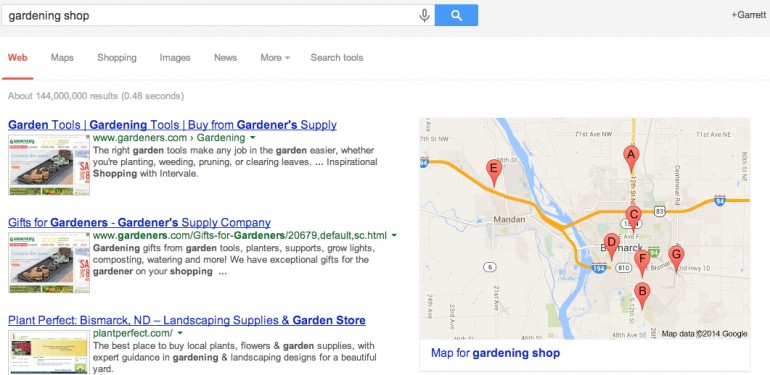
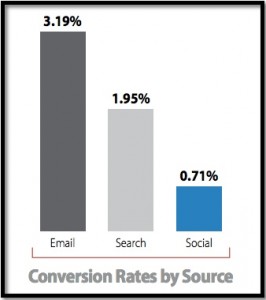


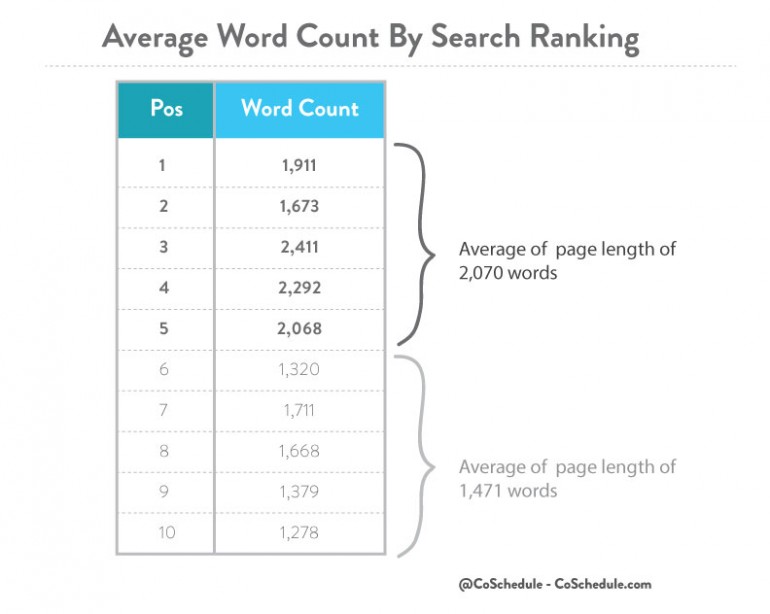
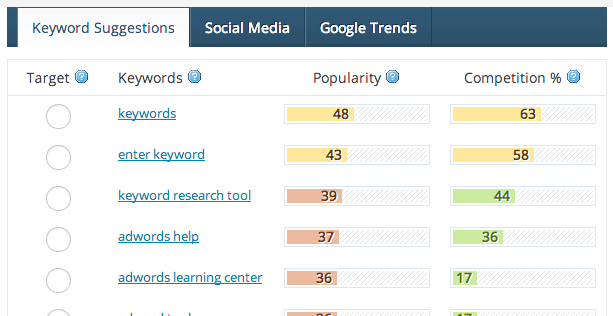
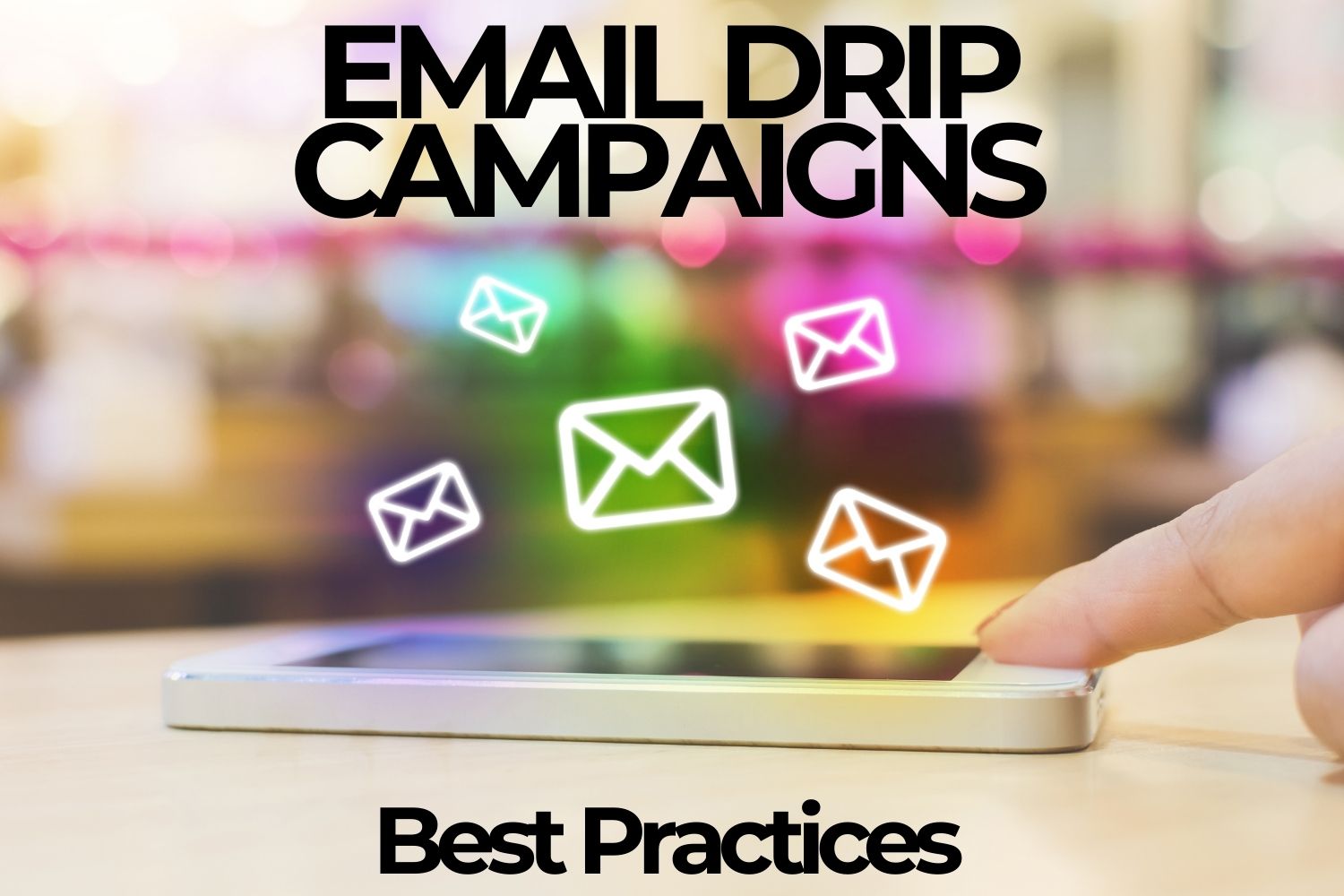



Comments
Andy Detweiler
Definitely a great one to highlight. Thanks, Barry. My favorite line… “Big guys and big budgets do things that don’t work for small business, so don’t be tempted to copy their methods.” Very hard to avoid, especially when you see it working. But very true.
Designbuddy
Yeah…I’m one of the ones who could care less about Google+ but am forced to not ignore it. When someone sees two similar articles in search results, there’s a higher likelihood they’ll click on the one with more Google+ followers and an authorship pic.
Now if I can just figure out how to get more followers. I’ve had better luck with Twitter, Facebook and especially Pinterest, but not so much with Google+. This despite following all the tips from bloggers and so on. A work in progress I suppose. Nice articles on this site. Thanks Barry.
Barry Feldman
Have you tried looking at Martin Shervington’s free course on PlusYourBusiness? Tons of tips there.
Designbuddy
No…hadn’t heard of the guy to be honest. I just signed up. Thanks for the tip Barry.